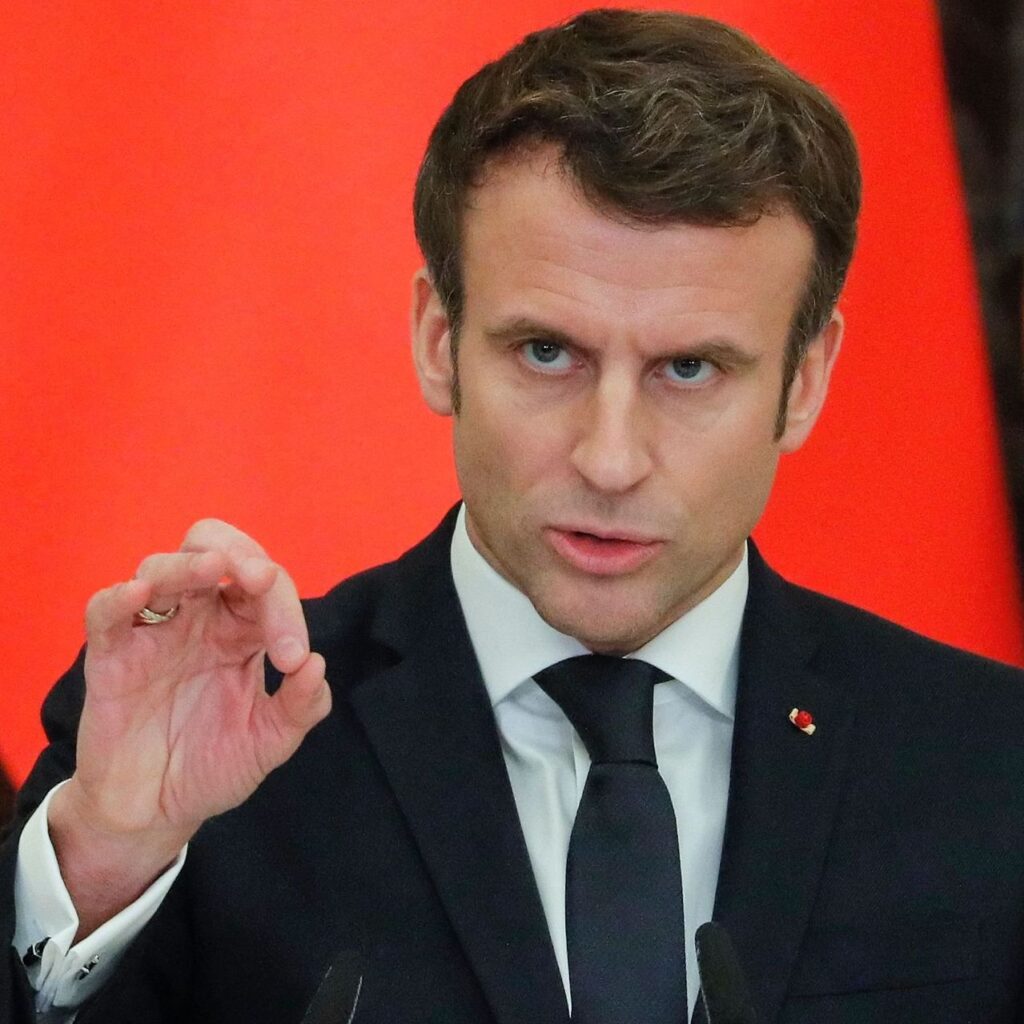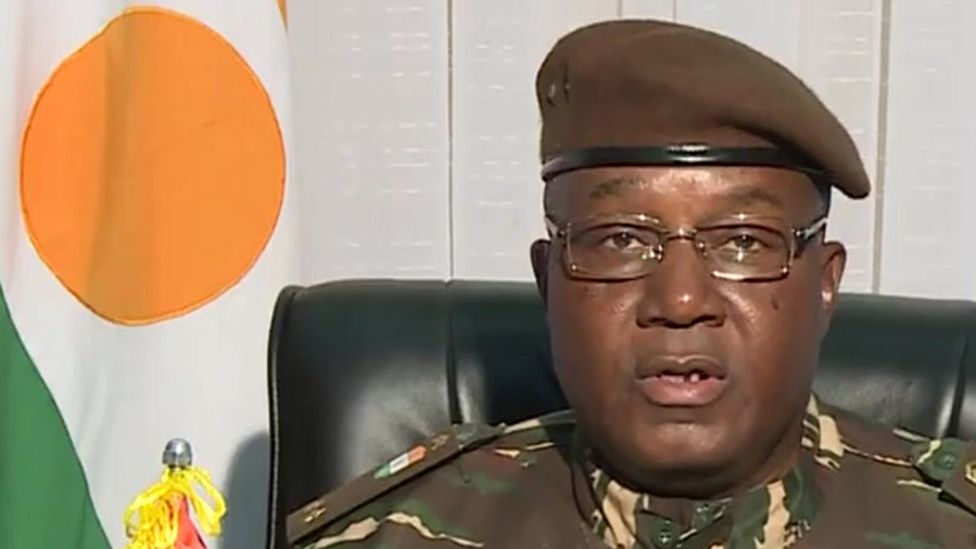
CURRENT REPORT BLOG the recent political turmoil in Niger has raised eyebrows not only within the country but also on the global stage, particularly in France. French President Emmanuel Macron’s rejection of a proposal from Niger’s military leadership to withdraw its soldiers from the nation following a coup has added a layer of complexity to an already tense situation.
The crisis in Niger traces its roots back to the July 26 revolution, which resulted in the ousting of President Mohamed Bazoum and the termination of military ties between Niger and France. This event has been a significant turning point in the relationship between Niger and its former colonial power.
French President Macron initially signaled his support for a potential intervention by the Economic Community of West African States (ECOWAS) to restore democracy in Niger. However, the situation took a different turn when ECOWAS prioritized diplomacy over military action, causing a divergence in strategies.

During the G-20 summit in New Delhi, Macron made a conditional statement regarding the redeployment of French troops in Niger. He asserted that any redeployment would only occur at the request of President Bazoum, emphasizing that France does not recognize the legitimacy of the coup leaders.
The governing junta in Niger responded by accusing France of disregarding their request for the 1,500 French troops stationed in Niger to depart by September 3. This development has further strained relations between the two nations.
Colonel-Major Amadou Abdramane highlighted France’s deployment of troops in multiple West African countries, hinting at preparations for a possible regional military intervention to oust the junta. This revelation has raised concerns about the broader regional implications of the crisis.











